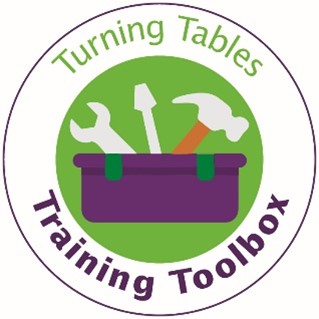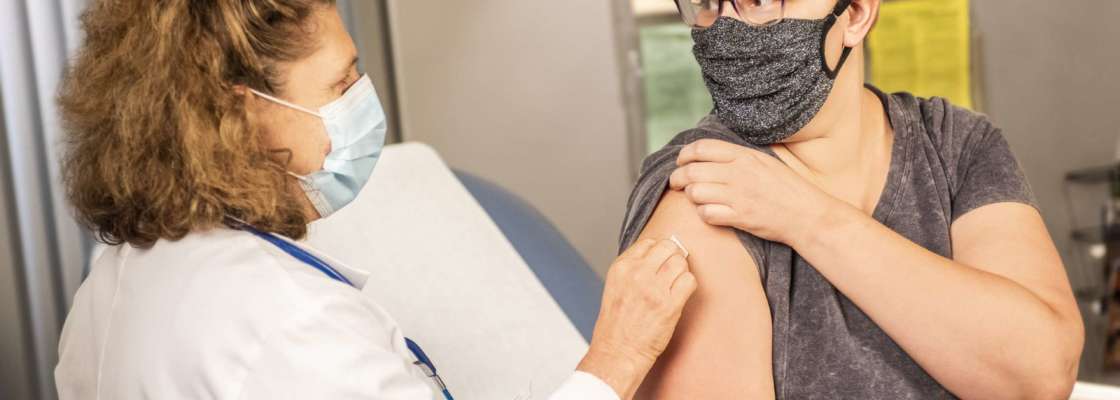This article is by Margaret Main, hospitality trainer, from Turning Tables, and provides some guidance on helping support people who are needle phobic, particularly as this relates to the Covid-19 vaccination programme.

So, you have a team member who is Needle Phobic…??
- Needle Phobia (known as Trypanophobia) affects around 1 in 10 people
- It can manifest in different ways but quite often it results in anxiety, panic attacks, insomnia, changes in blood pressure, feeling faint, sweating, weakness in limbs and an increase in their heart rate
- For people with a needle phobia the thought of the vaccination is incredibly stressful – just getting to the door of a clinic is a very big deal
- As these people will very likely be in the last 20% of people who are looking to get the vaccine the way we communicate with them is very important, in helping them decide to get the vaccination
- Don’t tell needlephobia people that it doesn’t hurt, they won’t feel a thing, just look away etc…they are way past that so this is not helpful!!
- It is useful to help them focus on the benefits of vaccination – eg being able to travel, attend concerts, go out to dinner, not being excluded from events and parties, looking after their friends and family as opposed to the threat of say losing their job if they don’t get vaccinated (just adds another level of stress)
- Other helpful things you can do – no pictures, videos, images of needles, don’t use words like jab, shot, injection etc….if you need to discuss it then just use the term vaccination – not words that create an image in their mind…
- Suggest they ask a support person to go with them – might be useful to have someone there to “hold their hand”
- Breathing exercises, muscle relaxation and mindfulness techniques can all be very useful – check out some of the resources available on the Mental Health Foundation website for instance
- Suggest they take along some headphones and some music – useful so they can block out any sounds and conversations at the clinic
- Most of the vaccination clinics will have a private space (potentially with a bed so they can lie down if feeling faint) – they can request this at the reception check in
- The team at the vaccination clinics are very calm and well used to dealing with different peoples needs – they will make sure that that they don’t make unnecessary comments or do anything that will create extra stress – ie don’t look, don’t explain
- Probably easier for the team member to not book an appointment too far in advance and in fact it could be easier for them to just turn up as vaccination spots are becoming easier to find…whatever suits them best..
- Useful to focus on the after – eg will be great to feel comfortable going out to gigs etc because they will not want to focus on what just happened!!
Hope some of these ideas might be useful – they come from my personal experience as a person with a Needle Phobia who has managed to get their first round of the vaccine….big breath – only one to go!!
